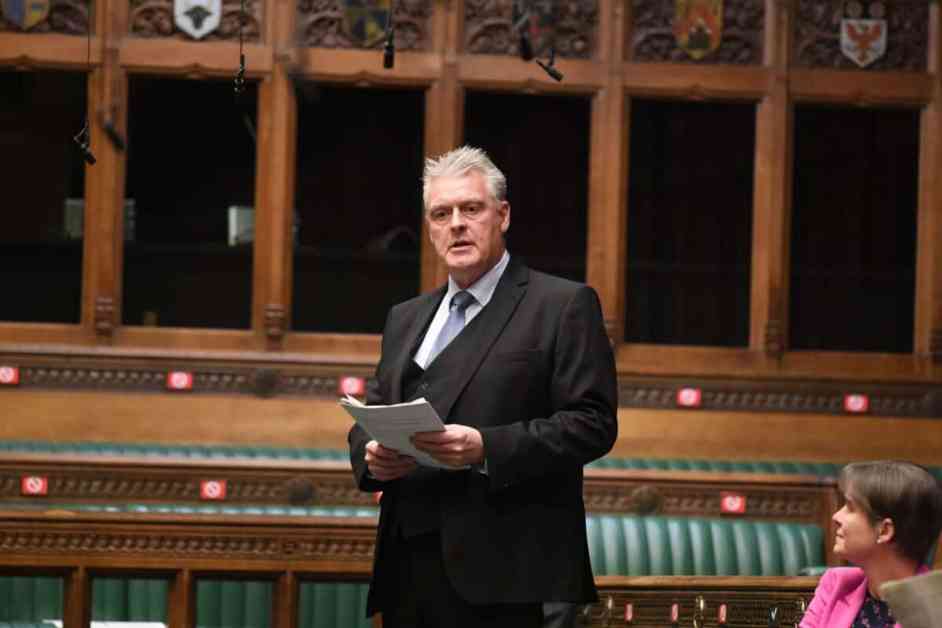In a recent session in the House of Commons, Lee Anderson, a Reform UK MP, raised a question about the government’s definition of Islamophobia. This query came as deputy prime minister Angela Rayner was addressing concerns about the rise of far-right extremism and its impact on community cohesion.
During the discussion, Rayner, who also serves as the Communities Secretary, highlighted the need to tackle issues of division and promote unity within society. She acknowledged the work of the all-party parliamentary group (APPG) on British Muslims, which had previously defined Islamophobia as a form of racism targeting expressions of Muslim identity.
Labour MP Afzal Khan had urged Prime Minister Keir Starmer to engage with Muslim community leaders and adopt the definition put forward by the APPG. Khan expressed the concerns of his constituents and the wider Muslim community following the recent far-right riots, calling for government action to address these issues.
In response to Anderson’s question about the government’s definition of Islamophobia, Rayner emphasised the importance of carefully considering different perspectives and potential implications before finalising a new definition. She assured that the government is actively reviewing its approach to Islamophobia and will provide updates in the future.
The discussion in the Commons sparked a reaction on social media, with one user, ‘Jim Cognito’, sarcastically commenting on Anderson’s query. The tweet gained attention for its humour, highlighting the complexity of defining unfamiliar terms in parliamentary debates.
This exchange reflects ongoing efforts to address issues of racism, discrimination, and community cohesion in the UK. Recent surveys have indicated a decline in national pride but an increase in inclusivity regarding British identity. As discussions continue on defining and combating Islamophobia, it is essential to consider diverse perspectives and ensure comprehensive approaches to promote unity and understanding within society.












